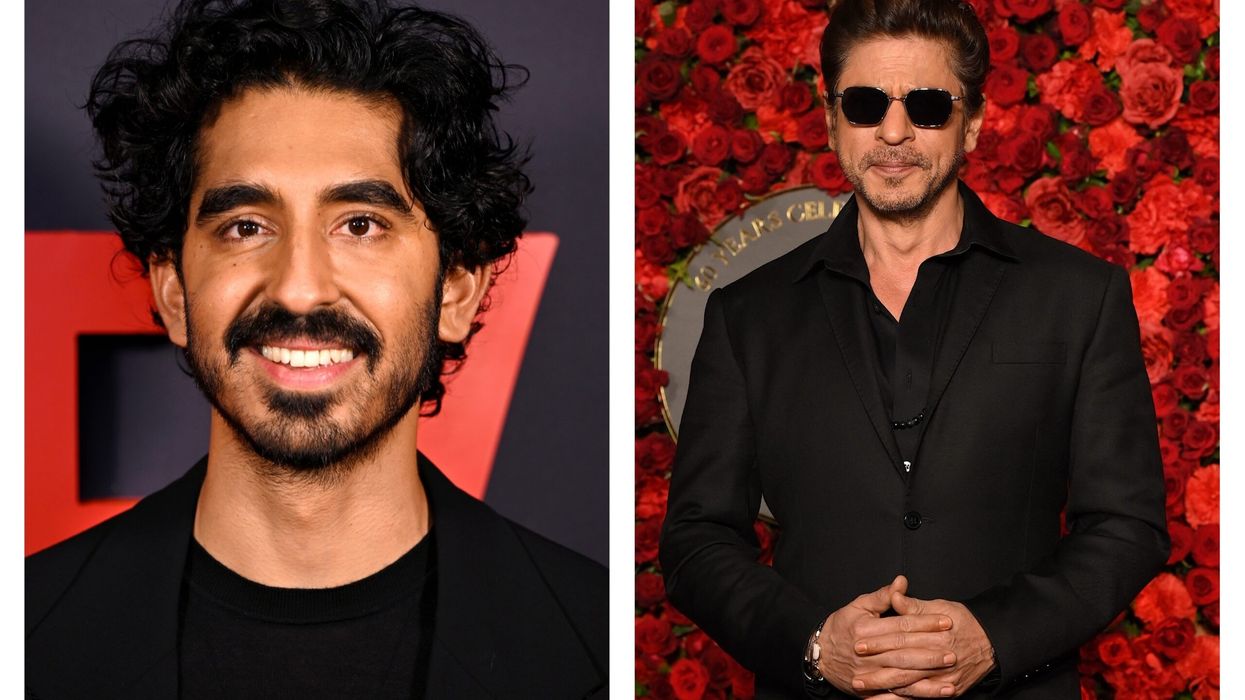Dev Patel, who was last seen in David Lowery’s epic medieval fantasy adventure film The Green Knight, is presently busy promoting his next film Monkey Man. What makes the project very special for him is the fact that he has not only played the lead role in it but has also written and directed it.
Patel came live on Reddit on Thursday, March 28, and shared that “everything Shah Rukh Khan” does has inspired him to write and direct Monkey Man.
When a user asked him about his favourite Bollywood films and which ones inspired his writing and direction for Monkey Man, Dev responded, “Anything Shah Rukh Khan does (sic).”
The 33-year-old was interacting with fans during his “Ask Me Anything” session to promote his much-anticipated directorial debut.
Patel also praised his co-star in the film, Sobhita Dhulipala, who is making her Hollywood debut.
“Not only is she breathtakingly beautiful, but she carries pain well as a performer,” Patel wrote in response to a fan’s question about his decision to cast Sobhita. “I wanted to find a leading woman that was trapped in a corrupt system like my character but somehow she has strength and takes the lead in our interactions,” he added.
Also featuring Pitobash, Vipin Sharma, Ashwini Kalsekar, Makarand Deshpande, Adithi Kalkunte, Sikandar Kher, and Sharlto Copley, Monkey Man is slated to hit cinemas on April 5, 2024. It will be opening against the horror prequel The First Omen from the Disney-owned 20th Century Studios.




